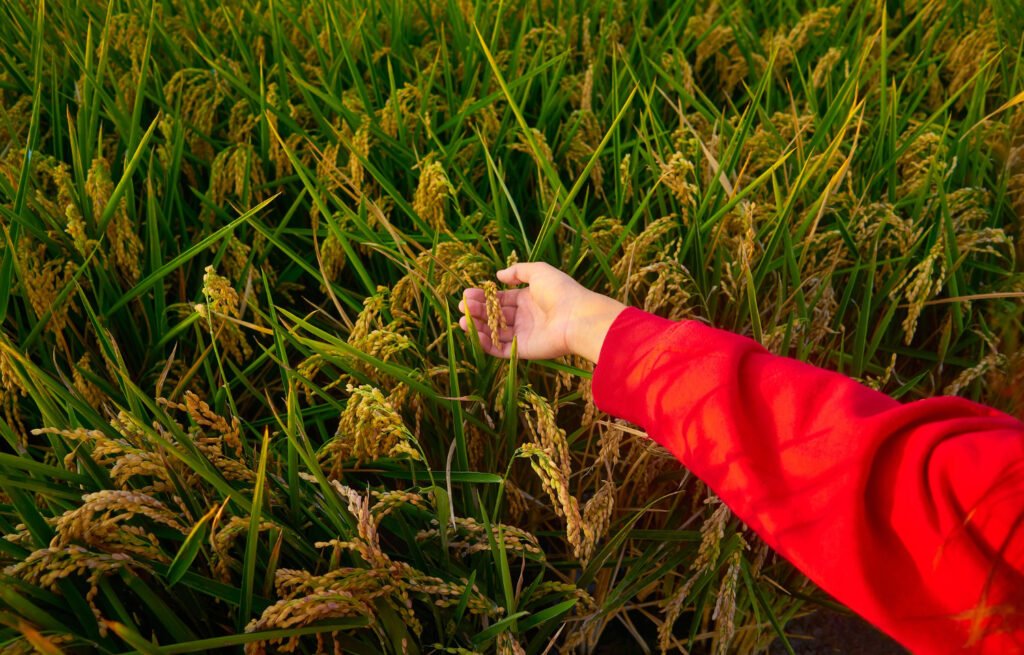Recently, Pakistan’s rice industry has been rocked by allegations from Indian agricultural scientists claiming that two high-yielding basmati varieties being cultivated in Pakistan were allegedly stolen from India. However, Pakistan’s rice scientists vehemently reject these claims, denouncing them as baseless propaganda aimed at undermining the nation’s rice exports.
Dr. Muhammad Ijaz, the director of the Rice Research Institute (RRI), dismisses the Indian accusations as “completely preposterous and merely propaganda,” asserting that they hold no factual basis. He emphasizes that the DNA of the Pakistani basmati varieties in question is entirely distinct from their Indian counterparts, refuting any possibility of seed technology piracy.
The accusations made by India’s Agricultural Research Institute (IARI) director, A K Singh, alleging seed technology piracy have sparked concerns within Pakistan’s rice industry. Singh claimed that Pakistani rice exporters have rebranded Indian basmati varieties, such as PUSA 2011 and 1509, as Kainat 2011 and Kissan Basmati, respectively, for international trade. However, Dr. Ijaz maintains that these allegations lack substance and likely driven by India’s apprehensions over Pakistan’s burgeoning rice exports.
In response to the allegations, the Rice Exporters Association of Pakistan (REAP) has solicited samples of both Pakistani and Indian rice varieties, along with their DNA profiles, for third-party assessment and comparison. This proactive approach aims to provide empirical evidence to refute the allegations of seed technology piracy.
The industry’s response to the Indian propaganda has been one of urgency, with calls for government intervention to safeguard Pakistan’s basmati exports. Pakistan Hi-Tech Hybrid Seed Association Chairman, Shahzad Ali Malik, underscores the gravity of the situation, urging the government to counter Indian efforts to undermine Pakistan’s rice exports. Malik emphasizes that this is not the first instance of such attempts by India, recalling previous endeavors to claim exclusive geographical indication (GI) tags for basmati rice.
Conclusion
As tensions escalate between the two nations over rice exports, stakeholders within Pakistan’s rice industry emphasize the need for swift and decisive action to protect the interests of farmers, millers, and exporters alike. With the government urged to intervene, the stage set for a robust defense against what many perceive as an orchestrated attempt to derail Pakistan’s thriving basmati trade.
Read Also: Xiaomi’s SU7 Electric Car Gets Over 90,000 Orders in First Day


